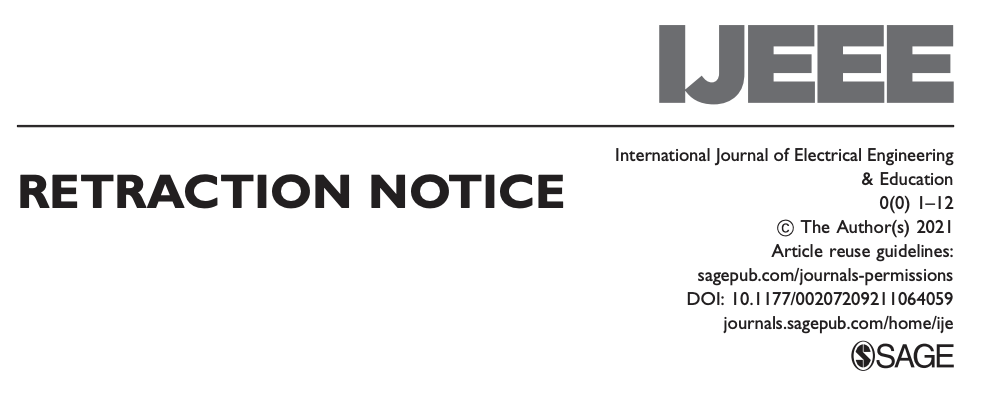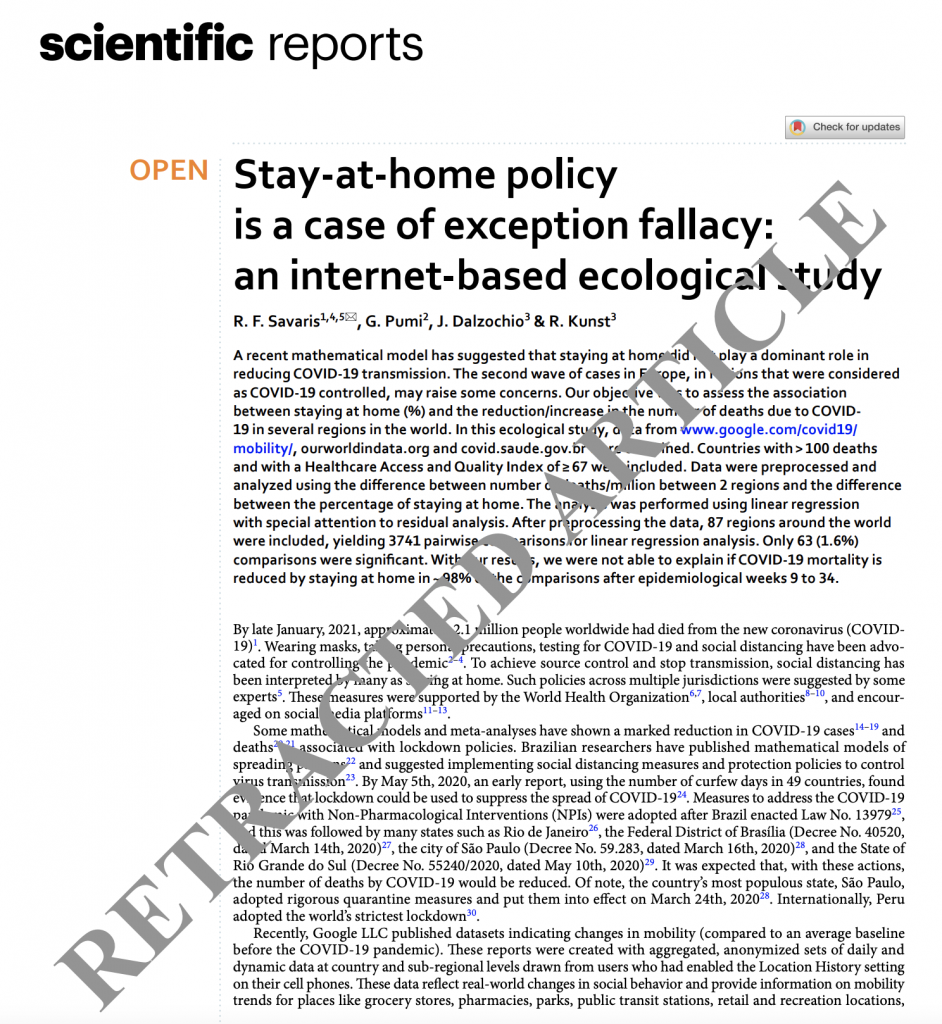Behrouz Pourghebleh is perplexed. And also exasperated.
Pourghebleh, of the Young Researchers and Elite Club at the Urmia branch of Islamic Azad University in Iran, noticed a paper published on December 15, 2020 in an IEEE journal that overlapped 80 percent with an article he’d co-authored the year before.
Pourghebleh wrote to Zakirul Alam Bhuiyan, the associate editor who had handled the paper, on December 31, 2020, expressing concern. Bhuiyan responded the same day, saying the paper hadn’t been flagged in a similarity check, and that he would contact the authors for a response.
The first author, Karim Alinani, wrote to Pourghebleh less than two weeks later, admitting the plagiarism but citing personal circumstances:
Continue reading ‘This is really ridiculous’: An author admitted plagiarism. His supervisor asked for a retraction. The publisher said, “nah.”






